Formula 1®
New rules impact the hunt for DHL Fastest Pit Stop
The new pit stop rules
The most significant change in the new rules dictates when the ‘go’ signal to drive off can be given in Formula 1. It basically works as follows. Impact wrenches used in F1 have sensors that tell mechanics when the wheels have been tightened properly. A button on the wrench is then pressed to signal that the tire has been changed, which then passes the message on to the mechanic in charge of monitoring the pit stop. Once he is certain that the buttons on all four impact wrenches have been activated, he then turns a traffic light in front of the car to green, sending it back out on track.
Previously, these procedures were never actually formalized in any sort of detail in the rule book, and teams themselves were able to define the point in time when the wheel was considered to have been ‘tightened’. In some cases, the mechanic would press his button too early, leading to disastrous consequences.
We need to pause for thought here. The “go” signal should only be given once the wheel nut has been properly tightened. If a mechanic presses his button too early, then that signal ought not to be accepted.
There is also a new minimum time that must elapse before giving the green light. Not until all four impact wrenches have hit “go”, and at least an additional 0.1 seconds have passed, can they be given the green signal.
Impact on pit stops
After the changes came into effect, we immediately saw average times in the Dutch Grand Prix- the first race to trial the regulations - nosedive. Omitting from our calculations stops of over 3.5 seconds, which are generally thought to have been ‘botched’, the average time spent stationary in the Netherlands was 2.69 seconds. In the Italian GP that followed, that average rose to 2.89 seconds. Almost all the previous races had produced times around the 2.5 second mark. In the last two races, average times have increased to last year’s levels, with only 20 percent of stops under 2.5 seconds. Before the summer break, however, the figure was 35 percent.
There are also a number of things that strike you about the ‘botched’ stops of over 3.5 seconds. 4 out of 18 stops in Italy lasted about that long without any issues. In the Netherlands, it was twice as many with 8 out of 27 - the most we’ve seen so far this season. Even Red Bull, who currently lead the competition for the DHL Fastest Pit Stop Award, and title rivals Mercedes were caught out. Teams quickly identified the main problem with the new rules. Mechanics who had not got to grips with the new procedures were left kicking their heels before their lights finally turned green
But Red Bull were not that slow off the mark in the Netherlands, taking their ninth DHL Fastest Pit Stop this season with a time of 2.15 seconds. In Italy, they were second fastest behind McLaren, who secured their first DHL Fastest Pit Stop of the year at Monza. We should perhaps mention here that McLaren have flagged up concerns about pit stop safety on a number of occasions in the past, even before the introduction of the new rules.
The effect of these regulations is not easy to predict after only two races. Will Red Bull’s 2.15‑second stop in the Netherlands become the new figure to beat? Have the fastest teams been slowed down for good? The data from the second half of this season will soon provide all the answers!

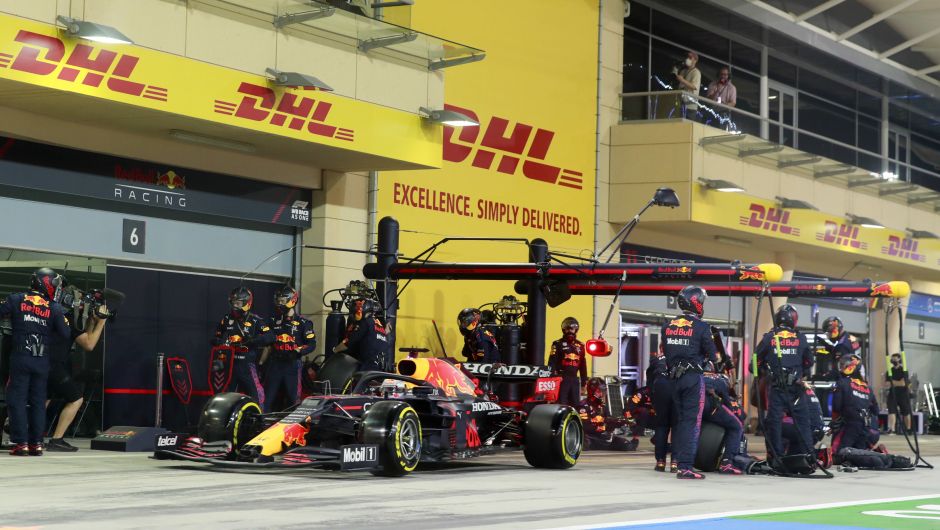
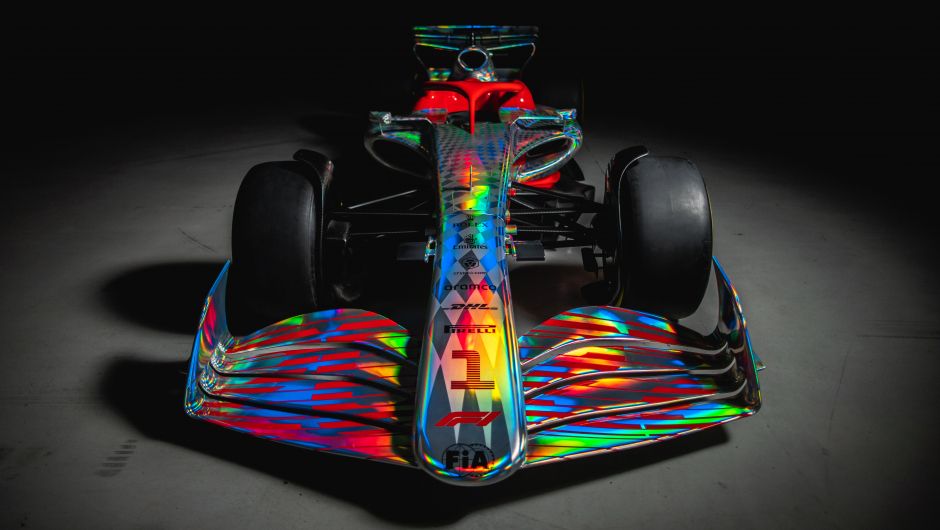
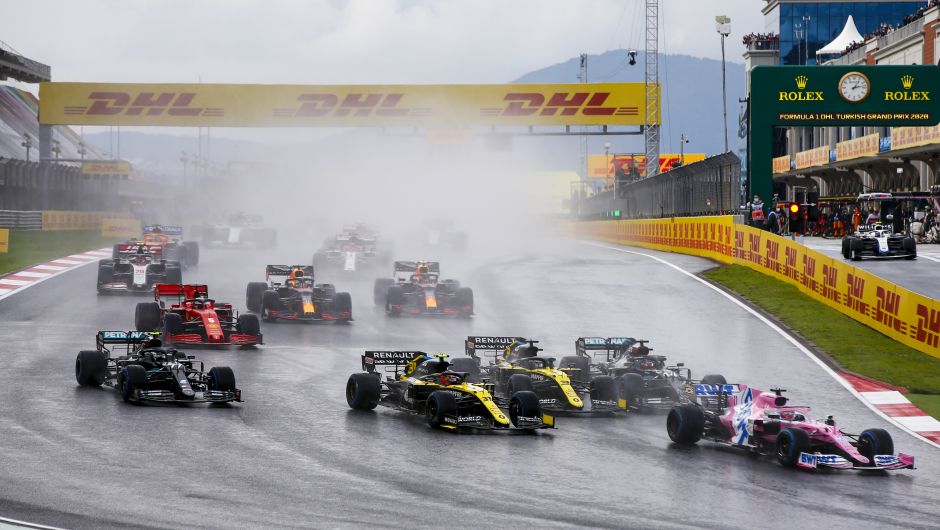
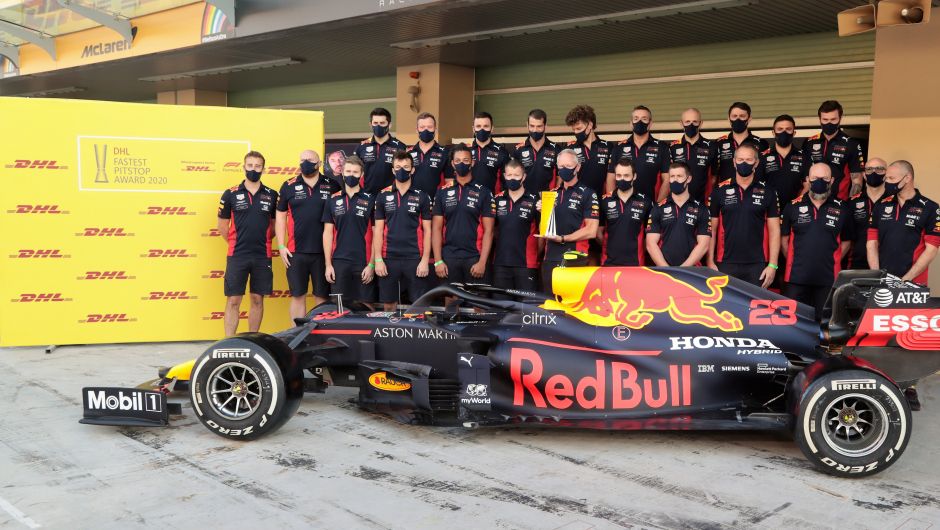
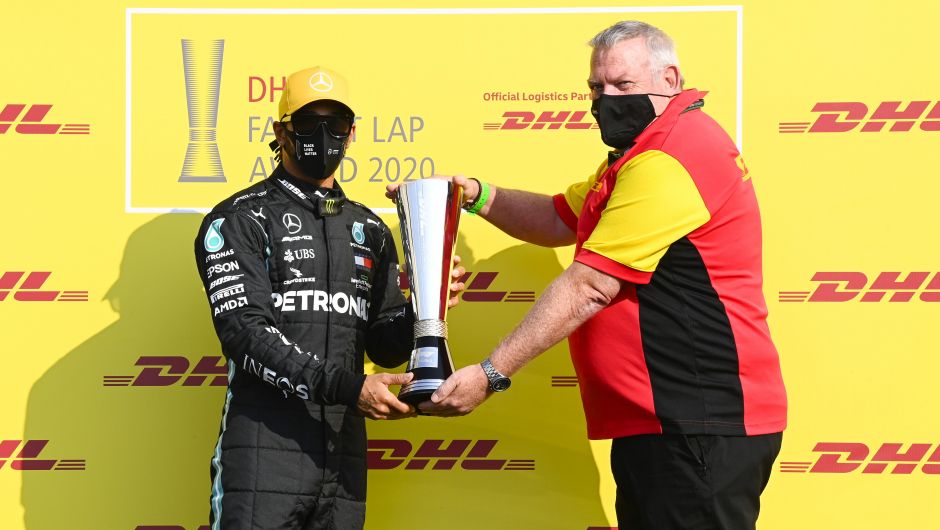
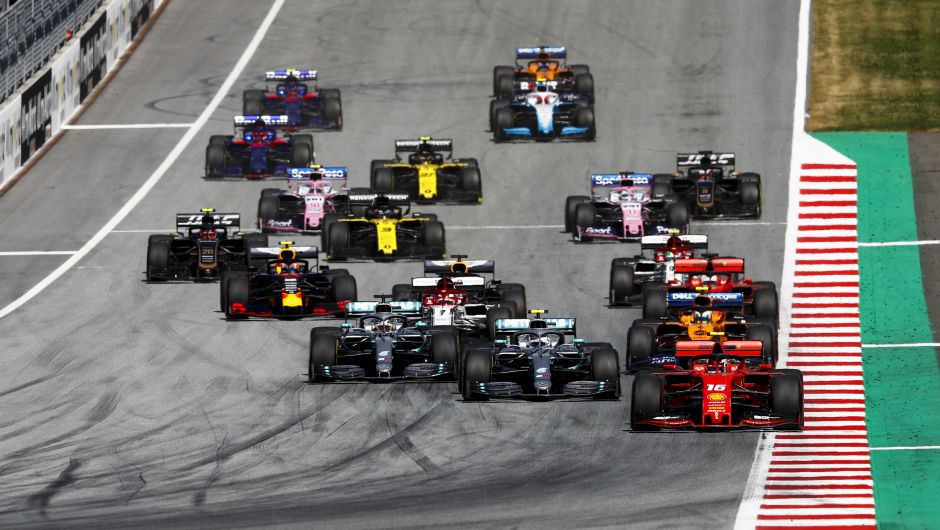
Content from disqus has been blocked because you did not allow to load it.
Loading the blocked content will adjust your privacy setting and content from this service will not be blocked in the future.
You have the right to revoke or change your decision at any time.
Posting Guidelines
All communications on Logistics of Things should be appropriate for a professional community, respecting the diverse views of individuals from different backgrounds. We will review all comments and reserve the right to terminate or restrict access to user's account and to delete any content posted through it, without notice and at our discretion, if we deem it to be overly promotional, offensive, or off topic.
All posting become property of DHL.